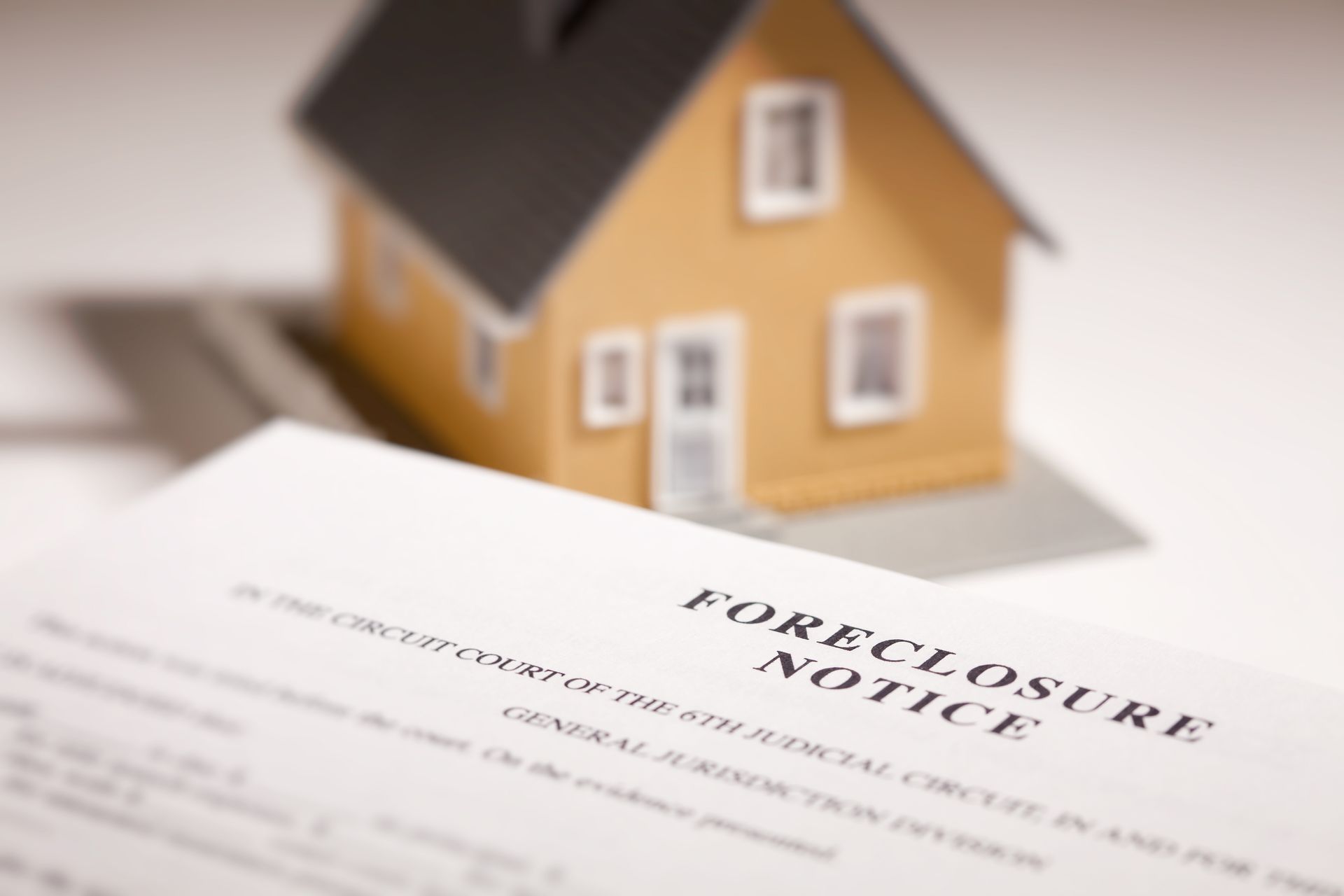Why Georgia Requires a Real Estate Attorney at Closing
In many states, real estate closings are handled by title companies. But in Georgia, the law is different—and more protective for everyone involved. Only a licensed Georgia attorney can conduct a real estate closing.
At The Closing Firm of Shola Oyekan, we believe this legal requirement is a good thing. Here’s what it means for your transaction—and why it matters.
What the Law Says
Georgia law requires that real estate closings be conducted by an attorney licensed to practice in the state. This includes:
- Residential home purchases
- Commercial property transactions
- Refinance closings
- New construction closings
- For Sale By Owner (FSBO) sales
The attorney must be involved in the entire process, not just present at the signing. That includes reviewing contracts, preparing documents, clearing title issues, and disbursing funds.
Why Georgia Has This Requirement
Real estate is one of the most valuable—and legally complex—types of transactions most people will ever complete. The attorney requirement exists to:
- Ensure proper title transfer
- Prevent legal disputes or fraud
- Protect both buyer and seller from costly errors
- Verify that all laws and lending requirements are followed
Think of it as a legal safeguard—not a formality.
What Does a Real Estate Attorney Actually Do at Closing?
Your attorney is not just a witness—they’re a legal guide through the entire deal. Here’s how we support clients:
- Review and explain purchase agreements
- Order and examine title searches
- Resolve title defects or lien issues
- Prepare legal documents (deeds, affidavits, settlement statements)
- Manage escrow accounts
- Coordinate with agents, lenders, and other parties
- Ensure funds are properly disbursed
- Record the deed with the county
We also serve as a neutral legal party in many cases, making sure everything is executed fairly and legally.
What Happens If You Try to Close Without an Attorney?
A closing without a Georgia attorney is not only risky—it’s not legally valid.
If a title company or non-attorney attempts to close the deal, you could face:
- Title transfer problems
- Delayed funding
- Disputes over contract terms
- Possible cancellation of the transaction
In short, cutting corners can lead to costly consequences.
Choosing the Right Attorney for Your Closing
Not all attorneys handle real estate law, and not all offer the same level of access or experience. At The Closing Firm of Shola Oyekan, we’ve handled over 20,000 successful closings across Metro Atlanta. We take pride in:
- Direct attorney access—no layers of staff
- Competitive title insurance rates
- Clear, timely communication
- A comfortable, convenient office location in Stockbridge
- Fast turnaround and strong attention to detail
Whether you’re buying your first home or managing a complex commercial sale, we’ll help you close with clarity.






